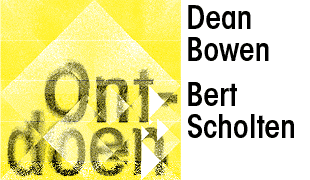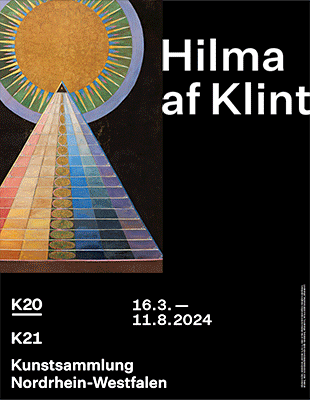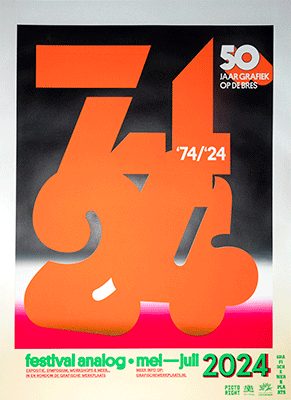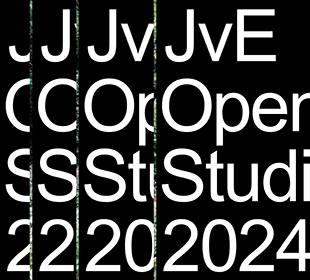Thought is Made in the Mouth
‘The lung, a stupid organ, swells but gets no erection. It is in the throat, place where the phonic metal hardens and is segmented, in the mask that signifiance explodes, bringing not the soul but jouissance’ .2
With every gust of wind rushed out a singer’s lungs – Roland Barthes is about to tell us – a rehearsed code of predicative adjectives and nominals re-writes itself upon the pulmonic voice: deep and gravelly; brittle; spasmodic; accelerated thus tragic and so forth. But it is through the glottis, the teeth, the lips and the tongue – spat out cavities, membranes and cartilages – that the voice is embued with the lechery of the verbal. A violent ‘verb to do’, that is – an orgasmic, ‘unhygienically’ produced form of sonority, appended with immanent critical pleasure:
Alif Lām Mīm;
Alif Lām Mīm Ṣād;
Alif Lām Rā;
Alif Lām Mīm Rā;
Kāf Hāʾ Yāʾ ʿAin Ṣād;
Ṭāʾ Hā;
Ṭā Sīn Mīm;
Ṭāʾ Sīn;
Yāʾ Sīn;
Ṣād;
Ḥāʾ Mīm;
Ḥāʾ Mīm ʿAin Sīn Qāf;
Qāf;
Nūn.3
The time spanning the late 1960’s through the early 1970’s, by the end of which Roland Barthes wrote his much quoted and appropriated text on vocal music titled Le Grain de la Voix [translated into English as The Grain of the Voice], was a time marked by several deaths within continental philosophical discourse: Barthes’ death of the author and Michel Foucault’s death of Man, paralleled by a general decades-old avowal of the demise of continental humanism’s Human. Western-subject-focused metaphysics was said to have reached an epistemological breach. For, amidst the discursive carnage, some mysterious, surplus voice, was caught orating a eulogy. Vociferated neither by the author nor by (hu)man(ity) – given their unequivocal post-WWII passing – this voice caused an impasse: to inquire about the voice’s authorship meant, affront the author’s parting, setting oneself up, once again, to the wrong regime of questions.
How to narrate such a surplus voice, then? That is, after having allegedly disbanded the established causality between the voice’s capacity to author / be authored and its power to authorise, how is it possible to address (verb) ‘address’ (noun) itself, beyond the ever-dominant intellectual investment in the category of a sovereign ‘who’ [i.e. whose voice is it, then?]?
In her influential essay, ‘Can the Subaltern Speak?’, Gayatri Spivak takes us back to the mortuary where the sovereign subject of the West – or ‘the West-as-subject’ – lies, in fact, persistently ‘undead’.
Spivak cracks open the problem of the voice and the politics of its audition and audibility at the heart of the [Western] academic/intellectual’s practice, which – she argues – under the guise of critique of the sovereign subject had ended up inaugurating [itself/its voice]-as-a-Subject. Referring particularly to a 1972 conversation between Michel Foucault and Gilles Deleuze titled ‘Intellectuals and Power’4, Spivak points towards the verbal slippages that betray both thinkers’ ‘unquestioned valorisation of the oppressed as subject’5 – object being setting up the right conditions that would allow her [i.e. the oppressed] to speak6.
If we allow ourselves to – atypically – read some of Michel Foucault’s works7 from an ‘auditory-centric’ slant, we can trace a set of structurally repeated tropes (such as murmur; ‘noise’; the later work on ‘the speech of truth’ and ‘frank speech’ in his lectures on parrhesia), that could grant us access to an often dismissed Foucauldian claim over the centrality of the auditory and the sonorous within the historical field of struggles over knowledge. Spivak’s critique, however, uncovers the failure of a radical thinker such as Foucault to recognize his own voice as it speaks the ‘masses’, the ‘workers’ and ‘prisoners’; as it cries ‘them’ out by dint of a vocal gesture closest to ventriloquism:
‘The masses [the oppressed-as-subject] know perfectly well, without illusion; they know far better than [the intellectual] and they are certainly capable of expressing themselves. But there exists a system of power, which blocks, prohibits, and invalidates this discourse and this knowledge.’8
Gilles Deleuze’s famous remark regarding ‘theory being exactly like a box of tools’ becomes quite diagnostic: what are those tools? Stethoscopes detecting a throb in the weak? A murmur in the lung?
The lung is a stupid organ, anyways. For, thought is made in the mouth.2
1 Tristan Tzara, The Dada Manifesto, 1918
2 Roland Barthes, ‘The Grain of The Voice’, in: Roland Barthes, Image, Music, Text, New York 1977, p 183
3 A parallel discourse: The Muqatta’at are fourteen unique combinations of disjointed letters from the Arabic Alphabet that precede about one quarter of the Qur’ānic chapters, called Surahs. In the Arabic language, these letters are joined together to form a word, even though they are pronounced separately. Sometimes referred to as Fawatih, or openings, because they appear at the beginnings of the Surahs, these mysterious letter-symbols are, in all cases, followed by verses that particularly address the concept of revelation. / The grammatical construct of the word ‘qur’ān’ in the Arabic language, which is a derivative of the three lettered verb qara’a (meaning he read, or, he recited), can refer to ‘that which possesses the potentiality of recitability’. Al Qur’ān, or, The Qur’ān – a singling-out of what can potentially be recitable – implies thereby some sort of ‘originarity’: the notion of an originary score – a grammar of vocal articulation – from which all speech-sounds in the Arabic language shall be derived. But what is it that shall be recitable – recitable-as-ineffable? / Distinct from the word in the Christian Bible, the ineffable script of Al Qur’ān, which is to be ‘spoken’ rather than to be ‘spoken of which’, is the materiality of the speaking body: its material corporal, quantifiable and qualifiable, possibilities and limitations; its resonances, dimensions, measures of flexibility and hardness; its tongue, its glottis, its genitals, its limbs, teeth, lungs along with their pores, their liquids, tunnels and passages. In this context, within an originary score-book that sets the grammars of the rhythms, the closures and the articulation points of the spoken, the Muqatta’at can be understood loosely as rehearsable ‘speech keys’; tongue muscle exercises whose meaning is immanent: what the tongue spits out in speech, is itself the materiality of the tongue. The flesh, being itself the script of God; the voice, the material expression of that script, thrown into the world of the logos.
4 Michel Foucault and Gilles Deleuze, ‘Intellectuals and Power’, in: Michel Foucault, Language, Counter-memory, Practice: Selected Essays and Interviews, Ithaca, New York 1977
5 Gayatri Chakravorty Spivak, Marxism and the Interpretation of Culture, Ed. Cary Nelson and Lawrence Grossberg. Urbana: University of Illinois, 1988, p 274.
6 ibid
7 Particularly when examining his origina; preface to Madness and Civilization from 1961, as well as his published lectures from the College de France, and his lecture series on Parrhesia at the University of Berkeley in California that he conducted later in 1983.
8 op. cit. note 4
Rana Hamadeh
is kunstenaar, Rotterdam




















